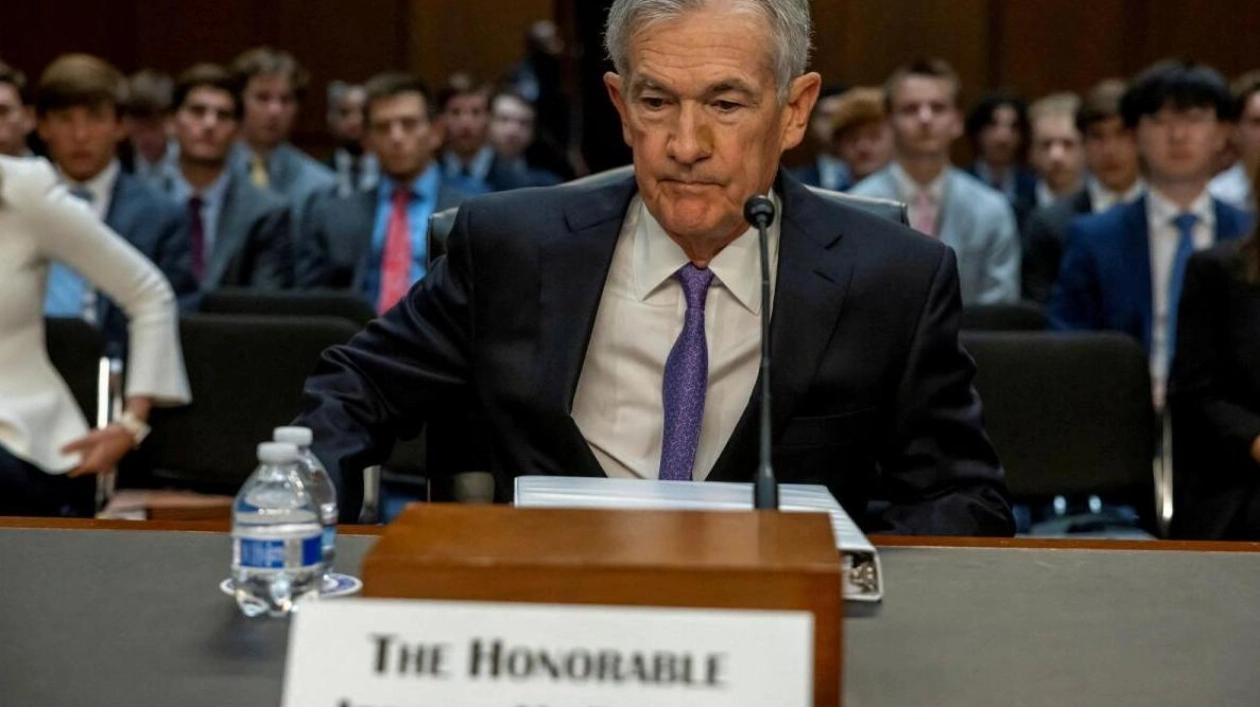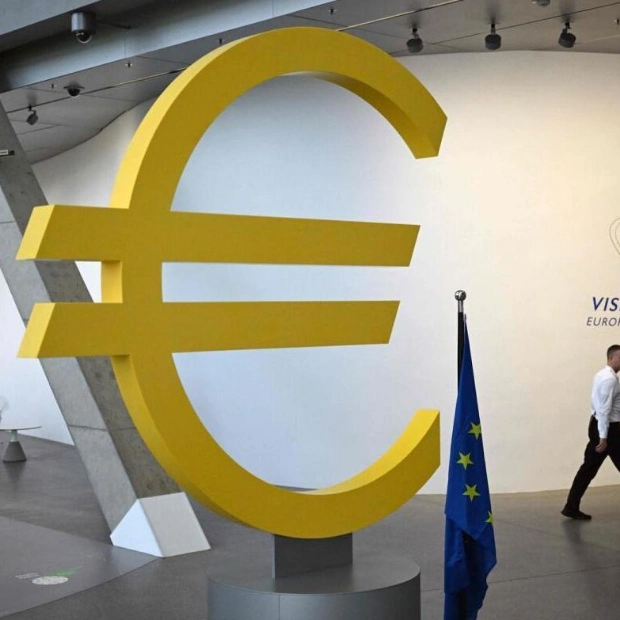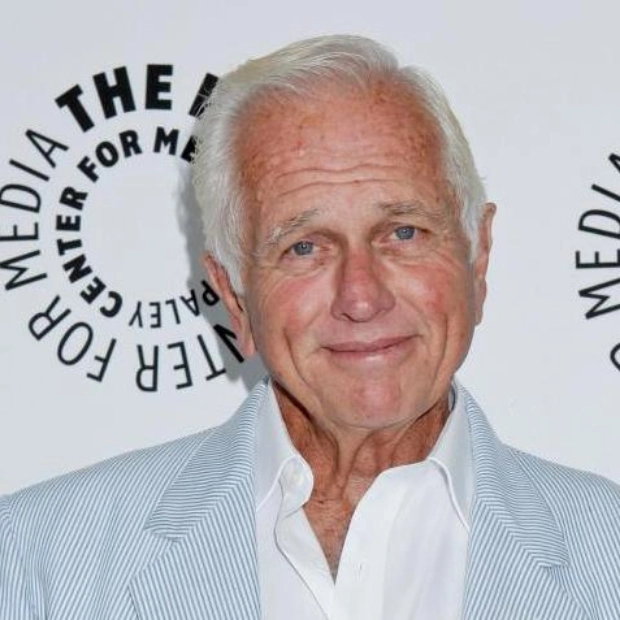As the US Federal Reserve embarks on its highly anticipated rate-easing cycle on Wednesday, the forthcoming interest-rate cuts may be less substantial than what the market anticipates. Several prominent investors and analysts foresee a rate-cutting cycle that could result in rates remaining relatively elevated due to the economy's continued robustness, suggesting that significant cuts would only be warranted if a recession looms. “My perception is that the expectations currently held by markets regarding lower interest rates exceed what most Fed officials and economists are comfortable with,” remarked Mohamed El-Erian, the ex-chief of bond-focused asset manager Pimco, in an email to Reuters.
Expectations are divided between a 50-basis-point and 25-basis-point cut on Wednesday, with a bias towards a larger cut, potentially triggering a surge in market volatility. In addition to its rate decision, the Fed will provide updates on its projected future rate-cutting trajectory. In its June projections, Fed officials estimated the long-run ‘neutral’ rate required to manage inflation at 2.8 per cent. Investors are anticipating about 240 basis points of rate cuts by the end of next year, which would correspond to a rate of nearly 3 per cent, down from the current range of 5.25 per cent-5.5 per cent. Such a rapid pace of rate cuts would indicate a recession, according to Torsten Slok, chief economist at Apollo Global Management. “Despite surveys indicating a consensus expectation of a soft landing, the rates markets are pricing in a full-blown recession,” Slok noted in a Tuesday briefing. Two-year Treasury yields have declined by approximately 140 basis points from their April 2024 peak, driven by expectations of lower rates. At 3.61 per cent on Tuesday, these yields suggest that interest rates will average that level over the next two years.
“The bond market has factored in a substantial number of cuts between now and next year, which is a highly aggressive scenario,” commented John Madziyire, head of US Treasuries and TIPS at Vanguard. “For this to materialize, we would need to witness a significant economic slowdown.” Wei Li, global chief investment strategist at the BlackRock Investment Institute, anticipates short-term Treasury yields, which move inversely to prices, to rebound as the market starts to account for sustained inflationary pressures. “Markets have aggressively priced in a series of Fed rate cuts typically observed when the Fed is responding to a recession, even though recent data more strongly indicate a slowdown rather than a recession,” Li stated. “We do not believe the Fed will be able to cut rates extensively, nor swiftly.” Robust corporate earnings and a stable labor market do not seem to warrant the deep cuts the market anticipates, according to Ed Al-Hussainy, senior interest rate strategist at Columbia Threadneedle. A divergence is emerging between the market's expectations and the economy's actual health, he noted. “You have very low default rates and very healthy earnings growth, which are the factors that correlate with the labor market and overall growth.”
Investors suggest that a shallower rate-cutting cycle would mirror those of the 1990s, when inflation remained a concern for the Fed amidst a robust labor market and expanding economy. This would contrast with the deeper cycles in 2007 and 2008, when the Fed aggressively lowered rates in response to a decelerating economy and ultimately the financial crisis. A repricing of rate cuts by the market does not inevitably spell disaster for investors. Futures markets began 2024 with broad expectations that the Fed would initiate rate cuts in the spring. Despite these cuts not occurring, the S&P 500 continued to rally, driven by the strength of AI-related mega-cap tech stocks. Bonds have appreciated in value despite a shallower rate-cutting cycle than previously forecasted. “Inflation persisting at stubbornly high levels while growth declines could pose a challenging environment for the fixed-income market,” observed Vishal Khanduja, co-head of broad markets fixed income at Morgan Stanley Investment Management. “However, we have considerable confidence... that the economy is decelerating and the disinflationary trend remains intact,” he added.






